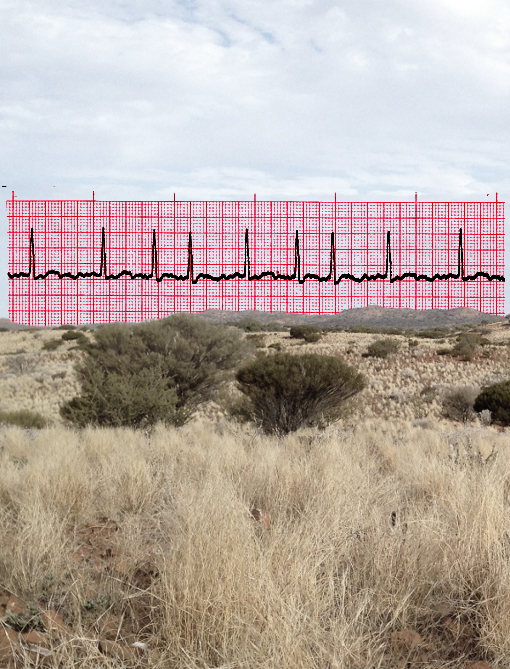Bulk billing tweak for remote GPs
 Up to $65 million will be spent to tackle GP shortages in remote and regional Australia.
Up to $65 million will be spent to tackle GP shortages in remote and regional Australia.
Reports say a new measure in this week’s federal budget will offer about 10,000 rural doctors increased incentives to bulk-bill their patients.
It could see doctors in the most remote parts of Australia receive up to $50,000 extra a year, helping retention and recruitment of medics.
Currently, regional GPs receive the same Medicare incentives to bulk bill patients in big regional centres and remote communities.
The new budget measure will mean that from 2022, the more remote the location, the higher the payment to the GP.
GPs outside metropolitan areas will be offered an incentive of $9.80 per consultation, $10.40 for medium-sized towns, and up to $12.35 for very remote GPs.
Minister for Regional Health Mark Coulton said the announcement is an acknowledgement of the challenges faced by rural GPs.
“It's important to recognise that if we want them to go and service these communities, they need to be remunerated,” Mr Coulton said.
‘It can be more financially attractive to stay in some of the more salubrious suburbs of our country rather than going to the areas where the greatest need is.
“They're not huge amounts per each consultation, but over a period of time, over a week or a month and finally a year, it will add up to be a substantial amount.”
The Rural Doctors Association of Australia (RDAA) has described the policy as a “game changer”.
“This funding is actually going into rural towns where the disadvantage is the most,” RDAA president John Hall told the ABC.
“It's recognising and rewarding rural doctors who are working hard at the coalface for providing that service to these disadvantaged communities.
“We'll see an uplift in remote areas of up to $50,000 a year for doctors — that's huge.
“We're hoping to see this change implemented across a range of government programs so that programs that are designed to fund rural health will actually fund rural health.”
While the program has been welcomed by doctors already working in remote areas, some have questioned whether it is enough incentive for a doctor to actually move to the country to practise medicine.
Mr Coulton said it would certainly bring more graduates to rural areas.
“There's always that more can be done, but we're recognising that we can change what we're doing,” he said.
“Today's announcement is clearly responding to the needs of the community and the suggestions of the rural doctors themselves.”







 Print
Print